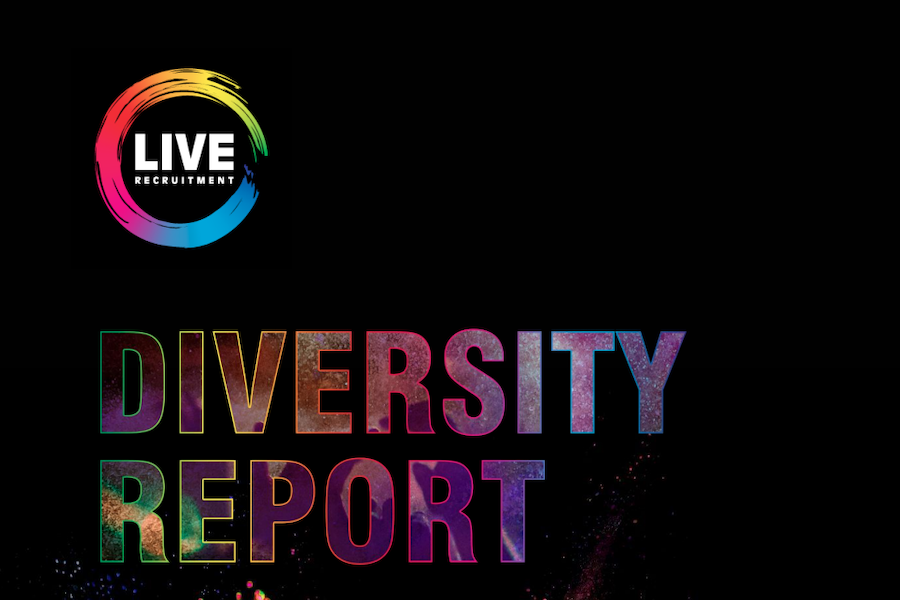Live Recruitment, a specialist recruitment company focused on the event, exhibition and experiential industry disciplines, has launched new report providing valuable insights on DEI within the UK events industry.
The Diversity Report 2025, based on data from Live Recruitment’s network of over 40,000 event professionals, offer a deep dive into the state of gender balance, pay parity, and ethnic representation across all major event sectors. It provides essential benchmarking for companies looking to foster more inclusive workplaces.
The data shows that the 32-45 age bracket has the largest number of event professionals (50.2%) and there is a significant drop-off in the number of event professionals in the 46-59 and 60+ age brackets.
The events industry is predominantly female, with women making up 59.1% of the workforce, but representation drops significantly at senior levels.
Previewing some of the report findings during a panel session at micebook’s International Women’s Day event last month, Live Recruitment MD Laura Kelly said: “There’s a huge drop-off when women reach their 40s, and by the time you get to the 60+ bracket, men outnumber women more than twofold. We must address why women are leaving the industry and find ways to retain them.”
The pay gap
The data shows a significant pay difference between male and female event professionals, with male event professionals earning approximately £3,500 more than females. Women are also setting lower salary expectations for themselves – the average desired pay for males is significantly higher by over £4,000.
“Women tend to ask for lower salaries than their male counterparts. We need to be more transparent about salary bands and encourage women to know their worth and negotiate,” said Kelly. “We’re getting better as an industry [on salary transparency], but there still needs to be more openness.”
The report shines a spotlight on ethnic diversity within the sector – with a quarter (25.1%) of the workforce identifying as ethnically diverse. However, there are significant pay gaps by ethnicity, with white professionals earning £1,700-£4,500 more than ethnically diverse groups. Ethnically diverse women are the most disadvantaged group, earning the lowest average salaries across all categories.
At IWD, Kelly shared that Live Recruitment has invested in diversity tracking technology to monitor DEI progress across the hiring process. “We’re not just looking at who we’re putting forward—we’re tracking who gets hired, too.”
Commenting on the release of the report, she said: “The data is clear – while the events industry has made progress, gaps in pay, seniority, and representation remain. This report isn’t just about highlighting issues; it’s about driving real change. Now, it’s up to all of us to take action and create a more inclusive industry.”
Jennie Child, founder and director of Balance, an international inclusive hiring consultancy, added: “The UK events industry is ahead of many sectors regarding representation—but equity in pay, leadership, and career experience remains elusive for many. Employers have a vital opportunity to lead by removing salary history from hiring practices, investing in inclusive leadership development, integrating flexibility into senior roles, and holding themselves accountable for fairer outcomes—across all demographics, including age. Progress is evident—but much work remains to be done.”
The report provides further insights into gender, age, pay and ethnicity across specific industry sectors such as association corporate, agency, AV, venue and more.
Live Recruitment is expanding the scope of this report, with plans to include further studies on neurodiversity, disability, sexual orientation, education, parental education, and carer responsibilities.
Read key takeaways from our IWD panel session on Gender Equality, Pay Parity and Diversity

